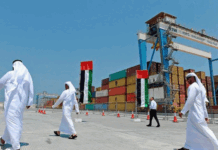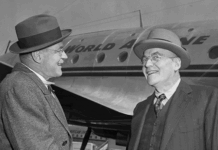
Charlotte Dennett is an investigative journalist and lawyer whose father, Daniel Dennett, was considered to be America’s first master spy in the Middle East.
As head of counter-intelligence for the Central Intelligence group—the immediate forerunner of the CIA—Daniel traveled to Saudi Arabia in 1947 to determine the route of a new Trans-Arabian pipeline and whether it would terminate in Lebanon or Haifa, Palestine.
Sadly, a few weeks later his plane crashed under suspicious circumstances. A CIA official told Charlotte, “We always thought it was sabotage, but we couldn’t prove it.”
At the time of the crash, Charlotte was just six weeks old.

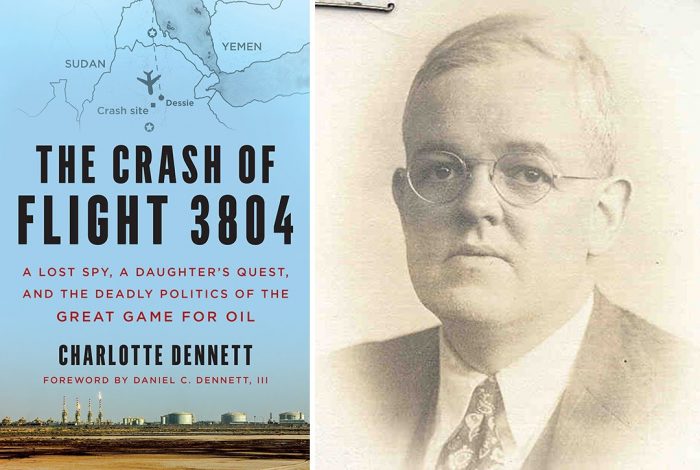
When she got older, Charlotte was inspired by her father to continue researching Middle East politics and the role that oil played in dictating great-power intervention.
In 2022 she published the book Follow the Pipelines: Uncovering the Mystery of a Lost Spy and the Deadly Politics of the Great Game for Oil, which discussed her father’s post-war counterintelligence work and how feverish competition among superpower intelligence networks, military and Big Oil fueled disastrous U.S. military and covert interventions.
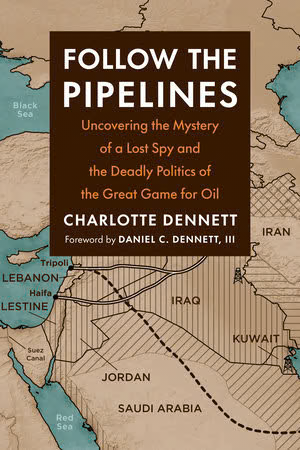
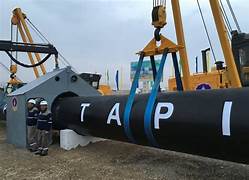
The latter included the U.S. invasions of Afghanistan and Iraq, which aimed to secure the Turkmenistan-Afghanistan-Pakistan-India pipeline (TAPI), and to facilitate the resurrection of the Iraqi petroleum pipeline through Israel.
On September 5, I sat down with Ms. Dennett to discuss her father’s career and how it related to contemporary political developments in the Middle East and around the world.
Ms. Dennett started by mentioning with some pride that her father had taught at the American University of Beirut and was a scholar of the Arab World who served as a U.S. cultural attaché in Lebanon, which was part of his Agency cover.
His code name was “carat,” which Charlotte said showed how the CIA respected him because some of his contemporaries had code names like “squirrel” and “monkey.”
The CIA considered Daniel to be a role model for young officers and named him “the CIA’s forgotten star.”
Charlotte stated: “When I went through a scrapbook of letters between my father and mother, I learned that my father had been sent on a top-secret mission to Saudi Arabia whose purpose was to protect the Trans-Arabian pipeline and determine the best route for its construction.”
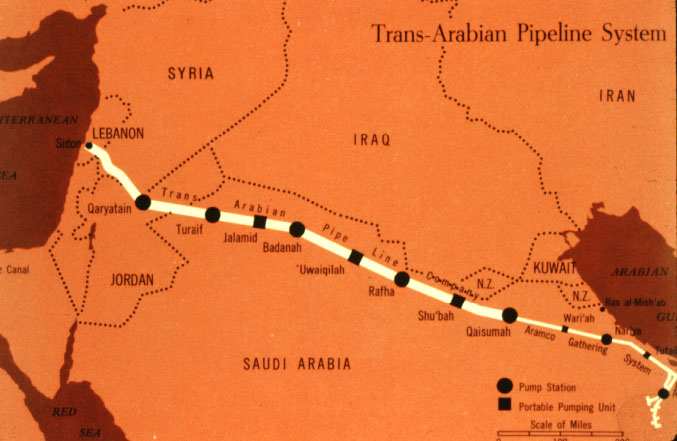
When asked whether the pipeline should end in Haifa or southern Lebanon, Charlotte said that her father “advised the Agency that Lebanon was safer because of the conflict then unfolding between Jewish settlers and Palestinians and other Arabs right before the creation of the state of Israel. The conflict, he felt, could result in sabotage of the pipeline.”
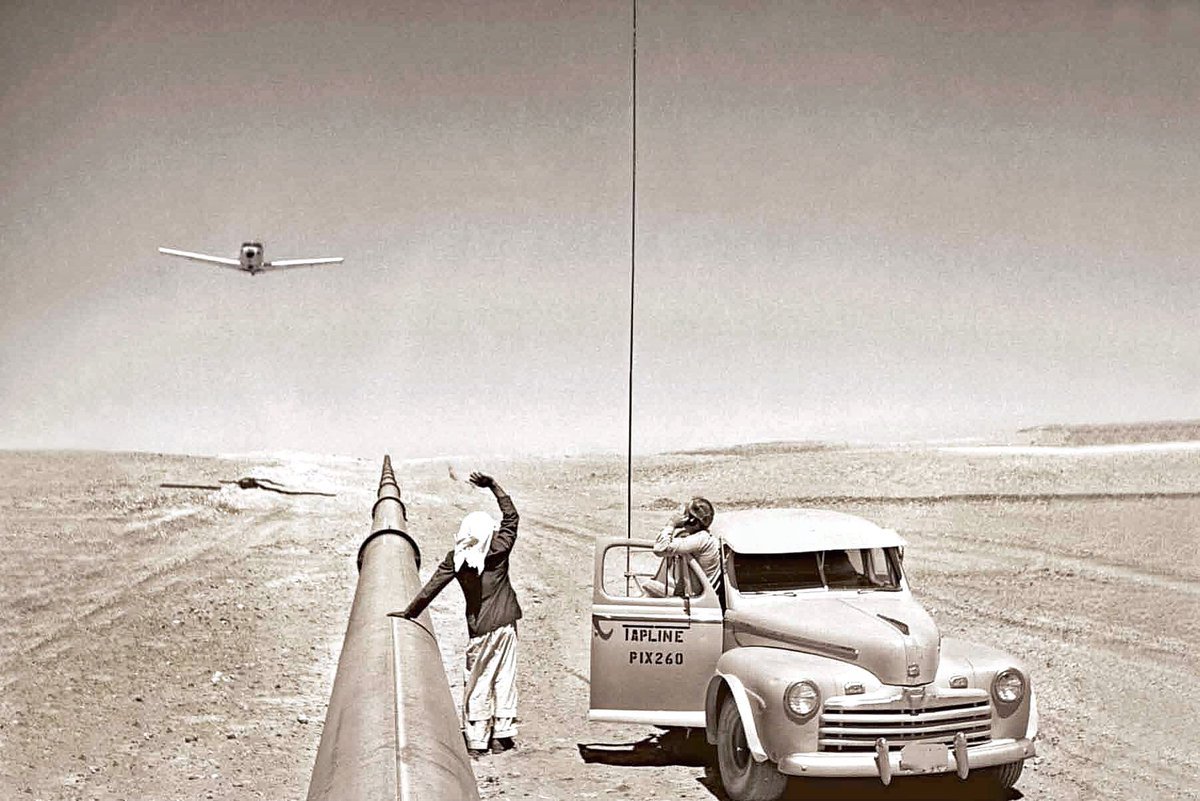
After leaving Saudi Arabia, Charlotte said that her father went to northern Syria to explore the situation of minority groups who could be manipulated into destabilizing an unfriendly government and then on to Ethiopia accompanied by the U.S. petroleum attaché.
The U.S. was establishing closer relations in that period with Ethiopian Emperor Haile Selassie, who was granting concessions to U.S. oil companies like Sinclair Oil. (Selassie also allowed the U.S. to construct the Kagnew Station Army installation.)
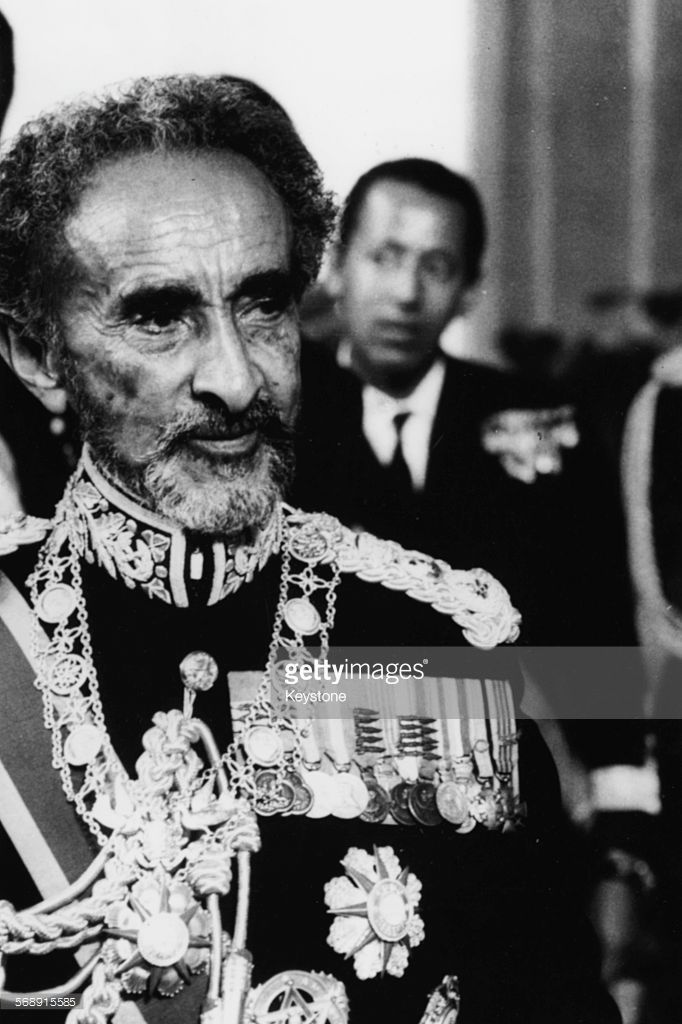
A new airline, to be named Ethiopian Airlines, was to be owned by the Ethiopians but managed by TWA. An advantage to postwar civil aviation was the ability to surveil oil and pipeline routes from the air. Daniel flew on these planes and knew how to use newly developed aerial cameras. A badly crashed aerial camera was fond at his crash site.
Charlotte said that there was intense competition in this period between the U.S., Britain and the USSR for control of the Middle East oil fields and pipeline routes, and that she suspected this was the reason her father’s plane was sabotaged—possibly by British superspy Kim Philby, who was at the time a double agent serving two master: the U.S. and U.S.S.R.
Her father’s last report dealt with how Syrian President Shukri al-Quwatli (1946-1949) was a nationalist who did not want the Trans-Arabian Pipeline to go through the Golan Heights Province of Syria to a Jewish state in Palestine (soon to be Israel). (Since 1967 the Golan Heights has been occupied by Israel and along with the West Bank is said to have oil).
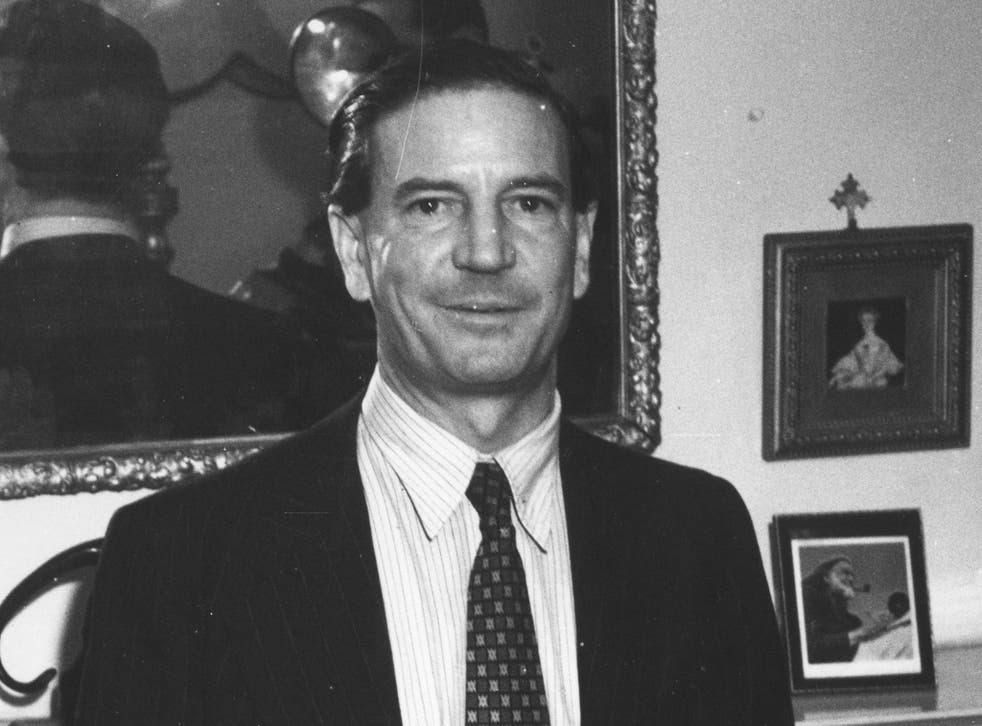
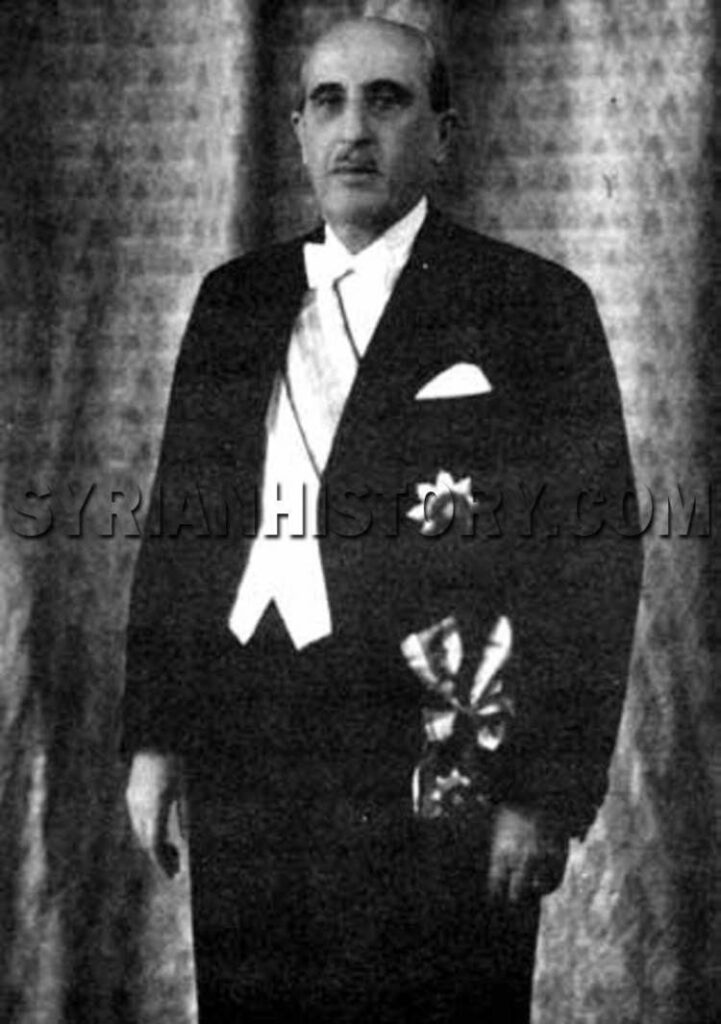
Dennett’s father’s replacement, Archie Roosevelt, Jr., coordinated the CIA’s first coup against Quwatli, which brought in an army officer, Colonel Husni al-Zaim, who gave a green light for the pipeline project through Syria. It was built in 1951 and closed during the Lebanese Civil war.
Zaim’s reign, however, did not last long and his successors, most notably Hafez and Bashar al-Assad, blocked another proposed pipeline, which triggered a 40-year U.S. regime-change operation that succeeded in December 2024 after much bloodshed.[1]

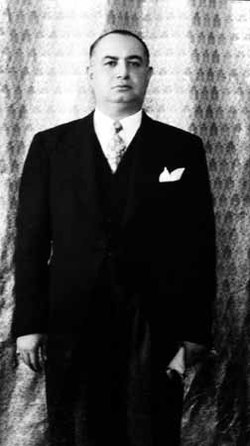

With the toppling of the Assad dynasty, Trump administration officials have predictably gone to Damascus to woo Assad’s successor Mohammad al-Jolani to help revive a pipeline project through Qatar.
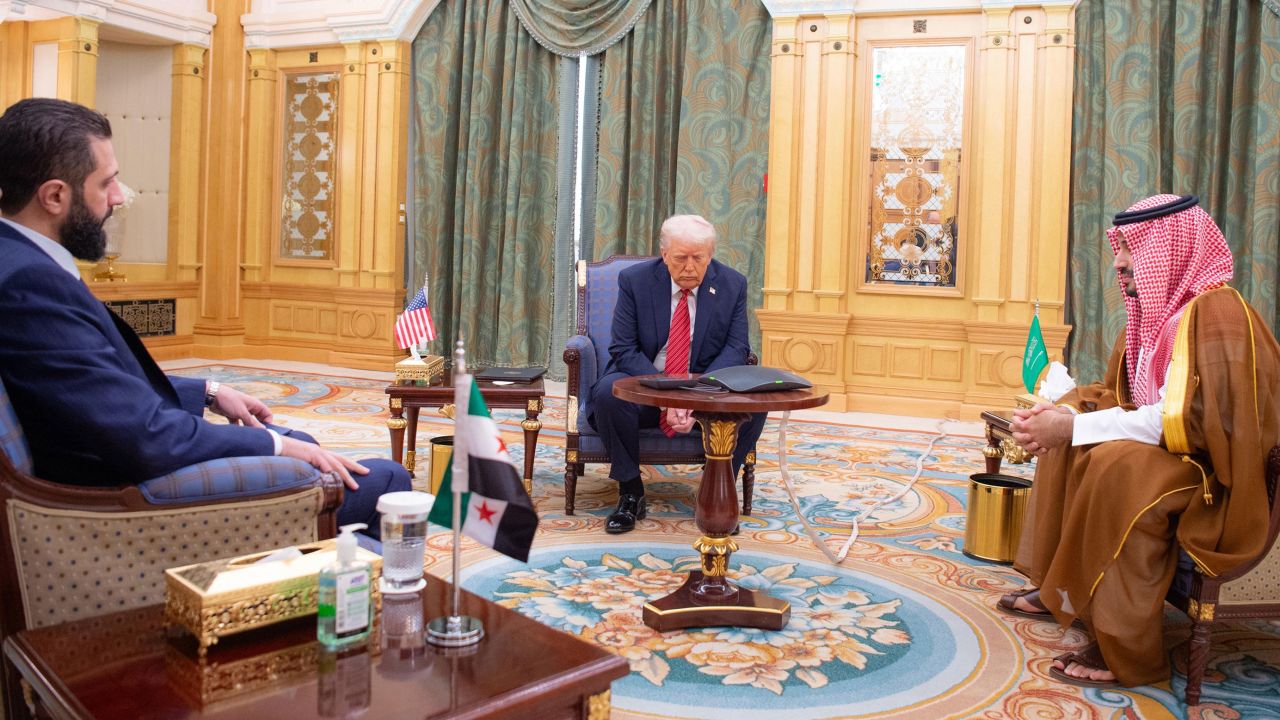
A major takeaway for Charlotte Dennett in studying her father’s career is that “tensions and conflicts between nations frequently develop over oil pipelines.”
Charlotte said that her father had had an “inkling” before he died that Big Oil was calling the shots as he found the Saudi King was working directly with oil companies rather than governments.
In researching her father’s files, Charlotte said that she came across a heavily redacted top-secret CIA document that had one sentence left in: “we must protect oil at all costs”—which is what U.S. foreign policy in the Middle East has always been about.
Charlotte understood the oil to be Saudi oil, which she said her father had been given specific marching orders to control.
To achieve that goal, the FDR and Truman administrations cultivated close relations with the Saudi Royal family, then led by Muhammad Ibn Saud, who allowed the Arabian-American Oil Company (ARAMCO) to establish drilling operations, which Daniel Dennett helped coordinate.
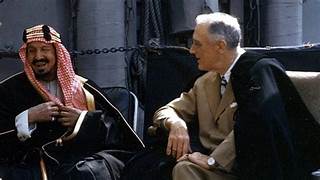
Another interesting item Charlotte came across in her father’s file was a map in a March 1947 New York Times article written by Clifton Daniel, Harry S. Truman’s future son-in-law, that outlined projected pipeline routes for the Trans-Arabian pipeline that would bring oil from Saudi Arabia across the Mediterranean.[2]
Amazingly, Israeli Prime Minister Benjamin Netanyahu promoted a similar map in public presentations before the UN that omitted Palestine.
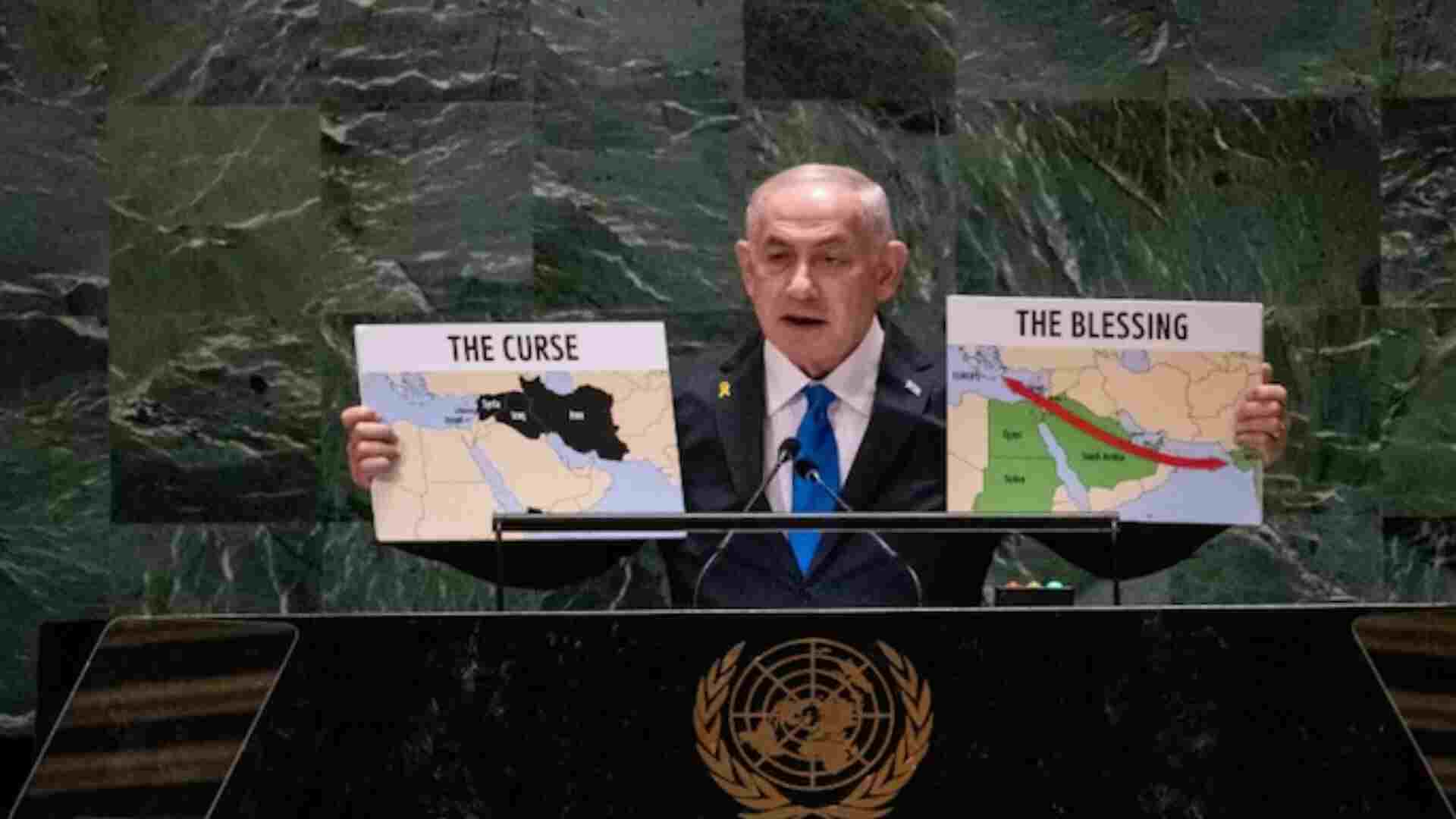
Netanyahu’s dream alongside those of his neo-conservative supporters has been to reopen the Iraq petroleum pipeline to Haifa and to have Israel become energy independent and a major oil and natural gas producer. Then it will be capable of supplying European markets that have been deliberately cut off from Russia with the destruction of the Nord Stream II pipeline.
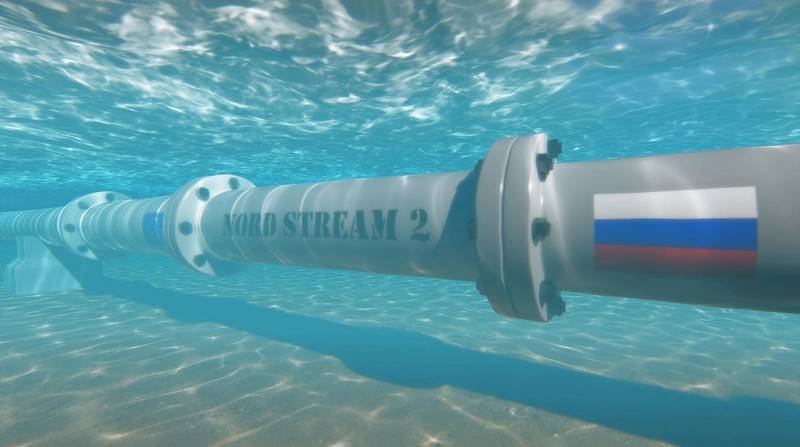
Dennett said that, after Bush’s invasion of Iraq, Netanyahu blurted out: “Soon the oil will be flowing to Haifa,” referring to the plan to reopen the Iraq petroleum pipeline.[3]
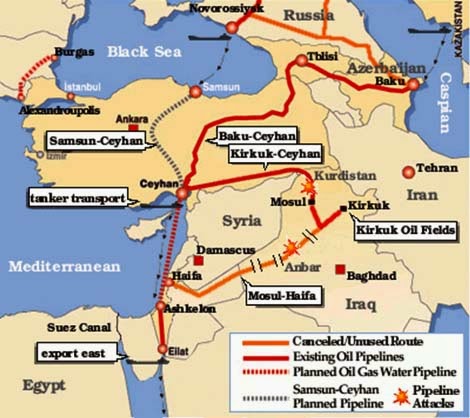
Dennett said that the India-Middle East-Europe Economic Corridor (IMEC) is a significant new energy pipeline project designed to counter China’s Belt and Road Initiative that will transport oil and natural gas from Mumbai through Haifa.
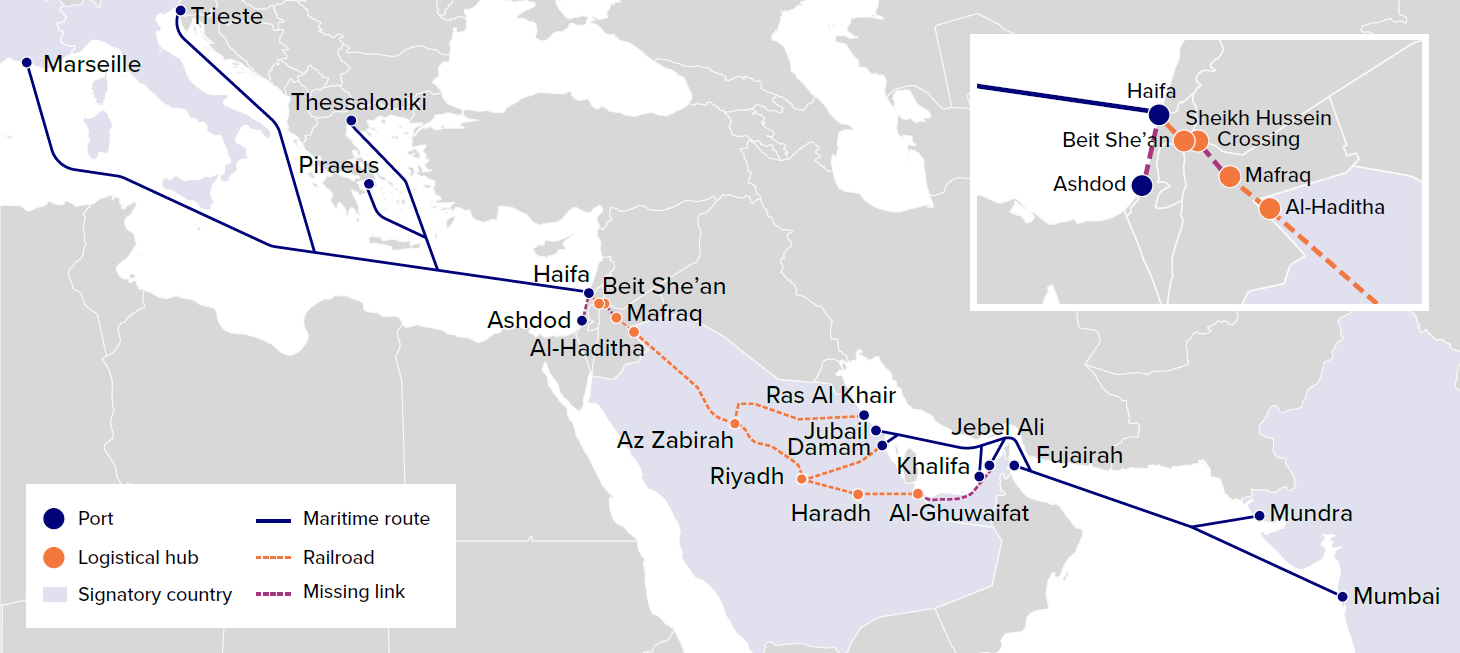
The proposed transportation corridor traversing Saudi Arabia is supposed to have the capacity to move about 46 trains daily carrying 1.5 million storage containers (TEUs) annually filled with oil and natural gas on single-stack cargo rail.
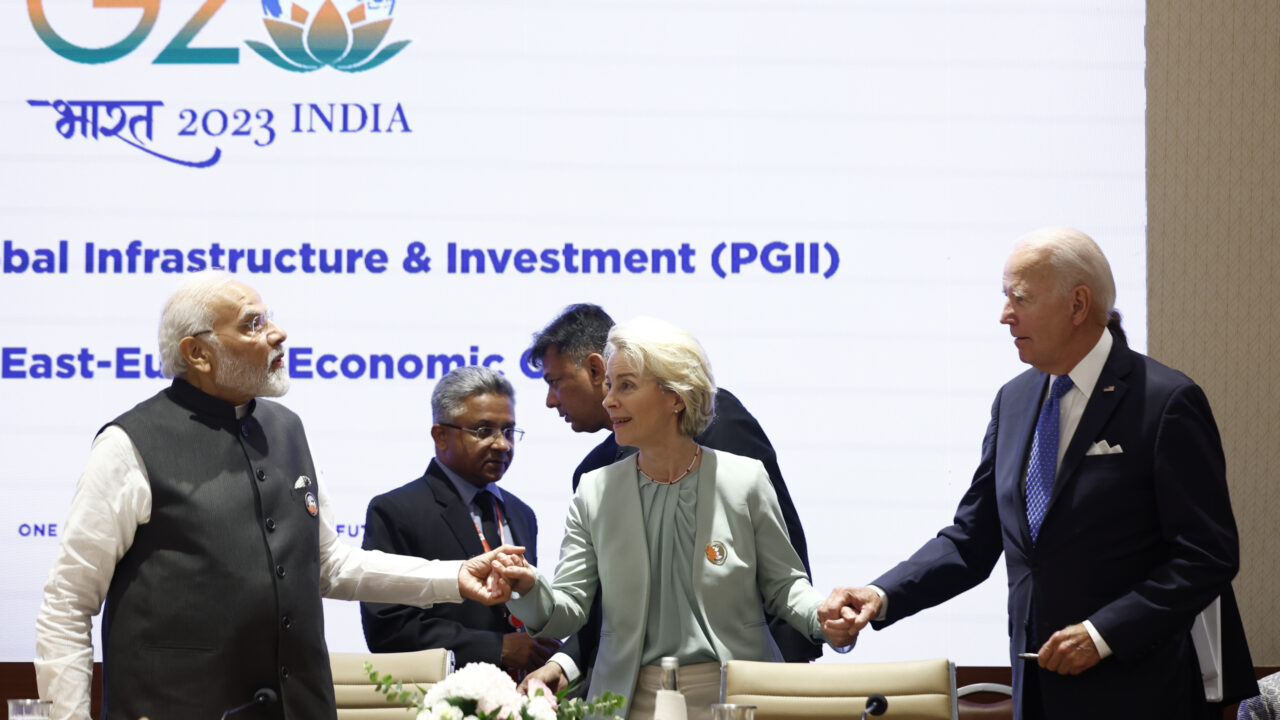
Dennett told me that the route of the IMEC follows the route of the old Trans-Arabian pipeline, which was closed as a result of the Lebanese civil war (1975-1990).
The IMEC’s prospects have been enhanced by the signing of the Abraham Accords normalizing relations between Israel, Bahrain, the UAE, Sudan and Morocco.
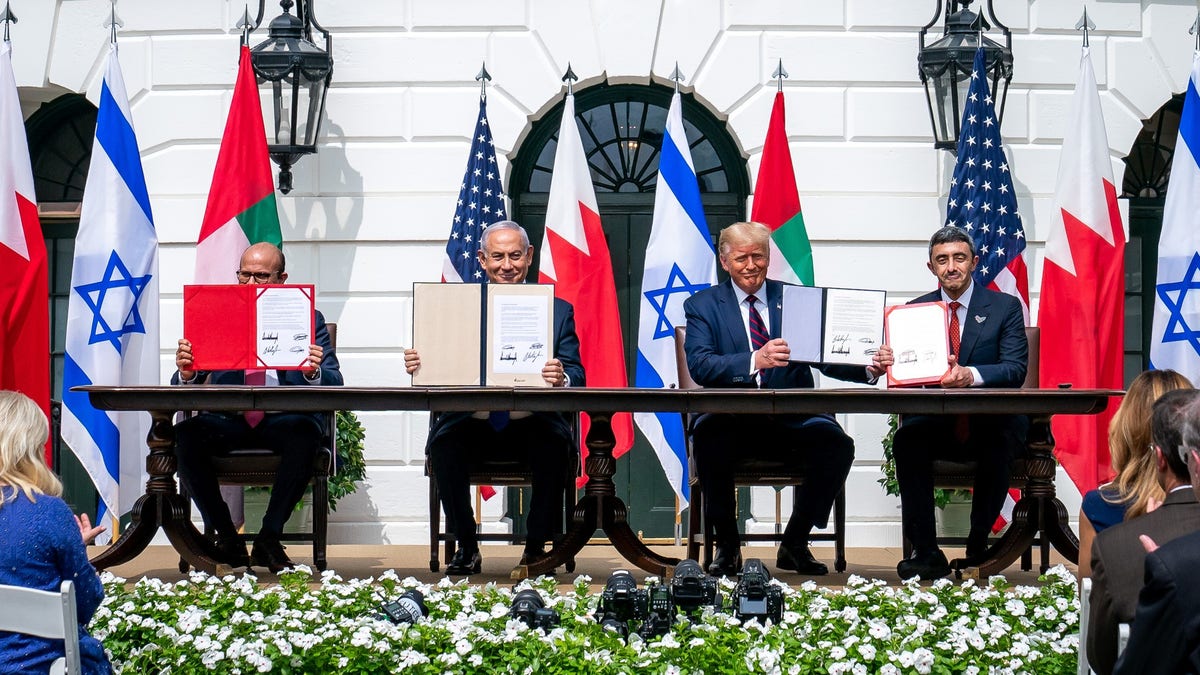
Dennett sees big infrastructure and development projects and oil pipelines as crucial drivers of aggressive U.S. and Israeli foreign policies in the Middle East.
She believes that the Israeli genocide in Gaza is rooted in the discovery of oil and gas fields off the Gaza coast known as Gaza Marine. First discovered in 2000, the Marine is estimated to be worth more than $500 billion.[4]
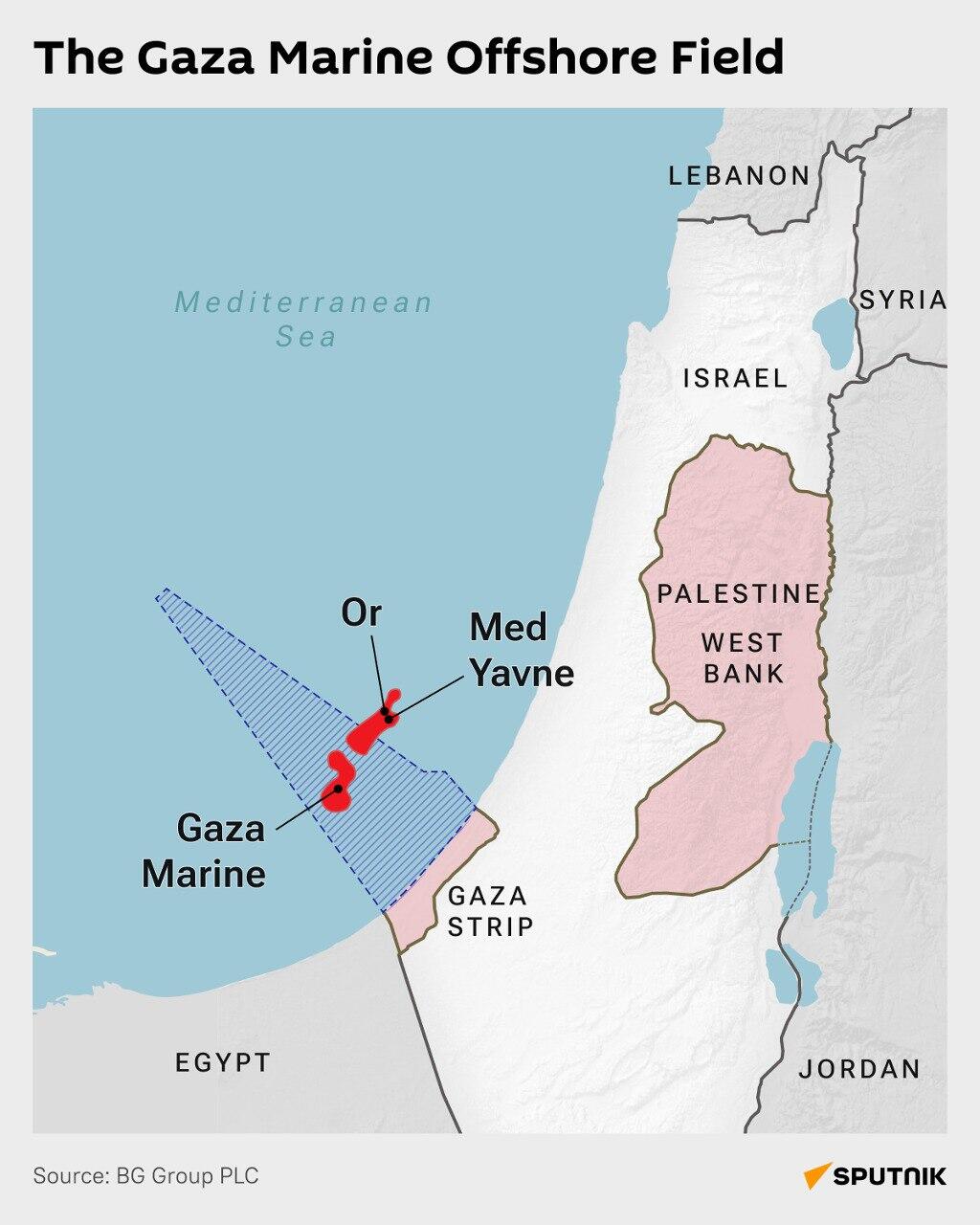
Prior to his death in 2004, Palestine Liberation Organization (PLO) Chairman Yasser Arafat claimed that the Gaza Marine was a “gift of God for our people” that could result in a strong economic foundation for a Palestinian state.
The Israelis, however, have been intent on controlling the oil fields and preventing the Palestinians from profiting from them.
In 2007, Moshe Yaalon, Israeli Defense Minister from 2013 to 2016, warned about the funding of Palestinian terrorism if the latter took place and said that a “military operation to uproot Hamas” was necessary for oil drilling in the Gaza Marine by Americans, Europeans and Israelis.


Two years later, the Israel Defense Forces (IDF) launched Operation Cast Lead pummeling Gaza that killed some 1,400 Palestinians, half of them civilians.
In 2014, Prime Minister Netanyahu launched a second invasion of Gaza under the banner of Operation Protective Edge, which aimed to further destroy Hamas and ensure Israeli monopoly over the Gazan gas field.

A Guardian article that same year, entitled “IDF’s Gaza assault is to control Palestinian gas, avert Israeli energy crisis,” and a 2019 United Nations Conference on Trade and Development report entitled “The Economic Costs of the Israeli Occupation for the Palestinian People: The Unrealized Oil and Natural Gas Potential,” made clear the economic interests driving Israeli policy in Gaza.
In June 2023, Israel announced that it had begun cooperation with Egypt and the Palestinian Authority (PA) to develop the Gaza Marine field.
Four months later, however, Israel embarked on an all-out offensive in Gaza following the October 7 Hamas attacks, which have all the markings of a false-flag operation.
According to Dennett, the underlying goal of Israeli policy in Gaza is to “flatten, demilitarize and depopulate Gaza” because no major lender will finance such a major infrastructure project if there is conflict.
Once the latter is achieved, Israel could become a major energy producer and corridor with the support of international lenders.[5]
Netanyahu—and likely Presidents Biden and Trump—appear to have convinced themselves that the world will forget the genocide once economic development takes off, powered by Israel’s abundant offshore natural gas in the Gaza Marine and also the Leviathan Field, a large natural- gas field 80 kilometers off the coast of Haifa.
Work has already begun on another infrastructure project: the so-called Ben Gurion Canal, from the tip of northern Gaza south into the Gulf of Aqaba, connecting Israel to the Red Sea and Saudi Arabia, and providing a competitor to Egypt’s Suez Canal.
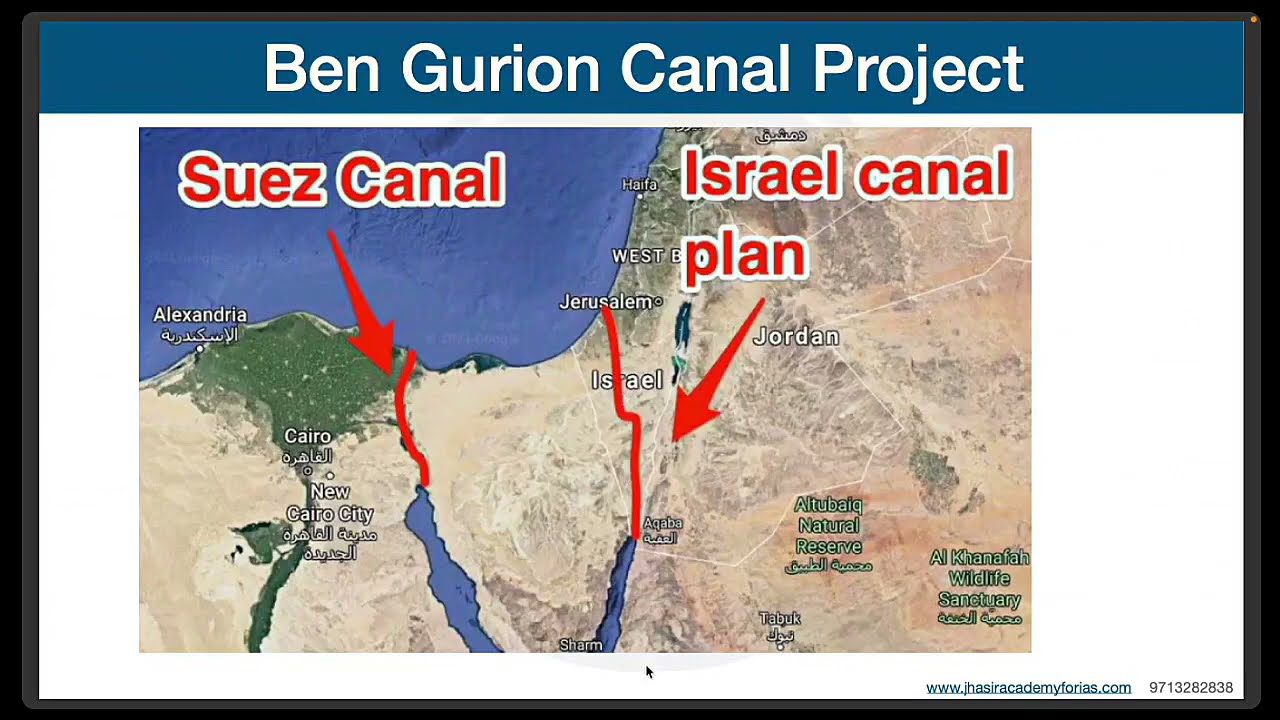
While the mainstream media report periodically on plans for transforming Gaza into a Middle-East Riviera replete with luxury hotel owner by Jared Kushner, Dennett said that it almost never discusses the Gaza Marine Field and Israel’s ambition of becoming an energy producing power.

The importance of oil as a driver of U.S. foreign policy is also usually left out of mainstream media discussions of the Ukraine conflict.
Dennett noted that the Donbas region in eastern Ukraine, over which Russia has established control, possesses the second biggest known gas reserves in Europe.[6]

U.S. intervention in Ukraine had aimed to access these reserves and cut off Russian oil supplies to Europe through the sabotage of the Nord Stream pipeline, which would create new opportunities for U.S., Western and Israeli natural gas suppliers.
Henry Kissinger once said that “when you control oil, you control the world.”
This is clearly a guiding principle of U.S. foreign policy, which has been deceptively packaged as being driven by humanitarian motives such as advancing democracy and fighting terrorism.
The hold that oil money has over U.S. politics was underscored for Dennett when she covered a visit Donald Trump made to Tulsa, Oklahoma, the nation’s “oil capital,” in June 2020.
Trump’s main purpose on that trip was to get lots of money from Harold Hamm, a wealthy Oklahoma oilman who is a big benefactor of the Republican Party.[7]

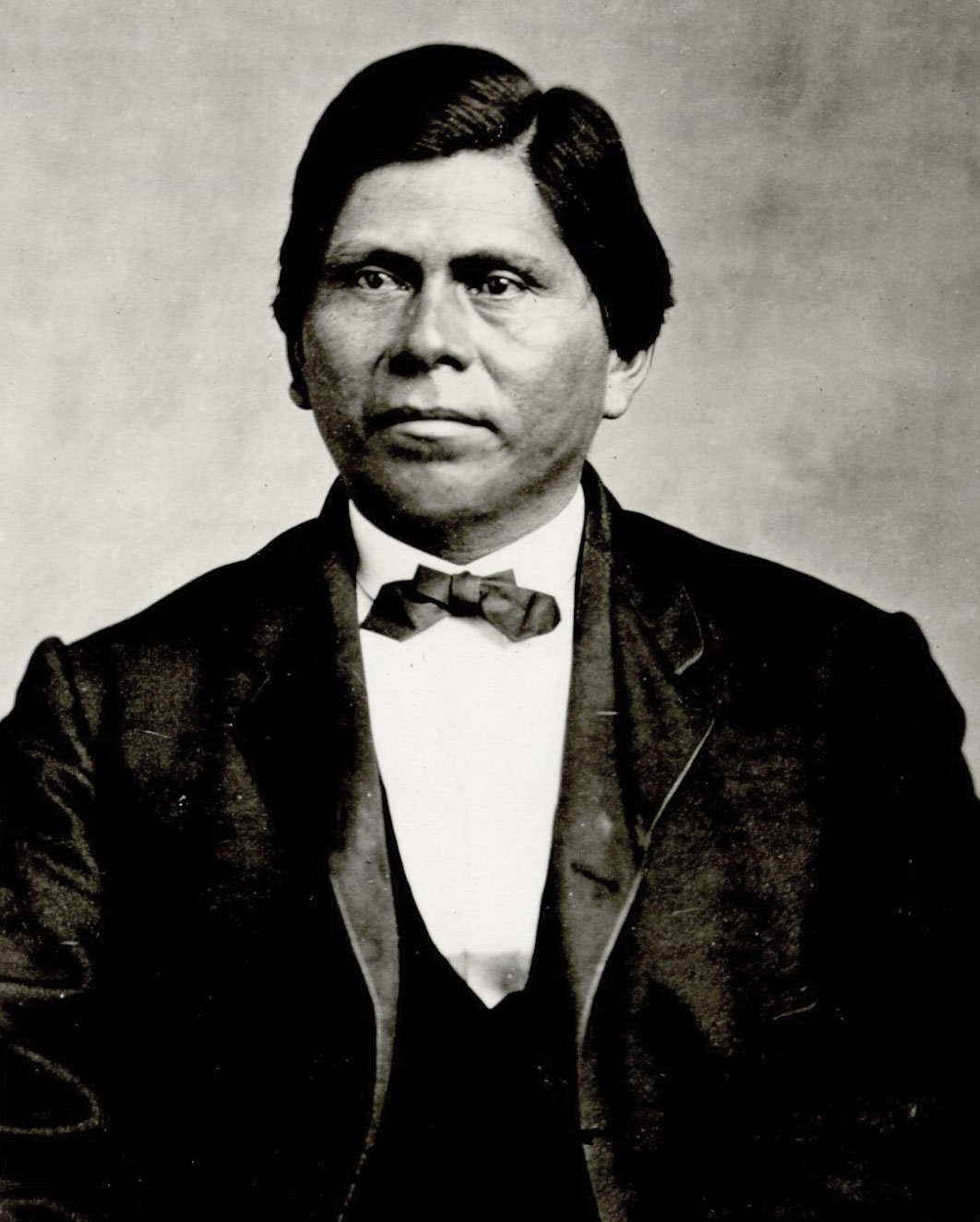
In an article for CounterPunch, Dennett noted how, when Choctaw Chief Allen Wright was negotiating with the federal government in 1866 over the use of Indian territory, he expressed his hope that Oklahoma would become an all-Indian state.
However, when oil was found on Choctaw and other native lands, the Choctaw and their counterparts were driven off the land and frequently murdered (as is recounted in the book, Killers of the Flower Moon).
Similarly, when the white population saw the Black population in Tulsa growing wealthy from oil money, they coordinated the worst race massacre in U.S. history and then drove the Blacks off their land and built rail lines and commercial buildings on it.
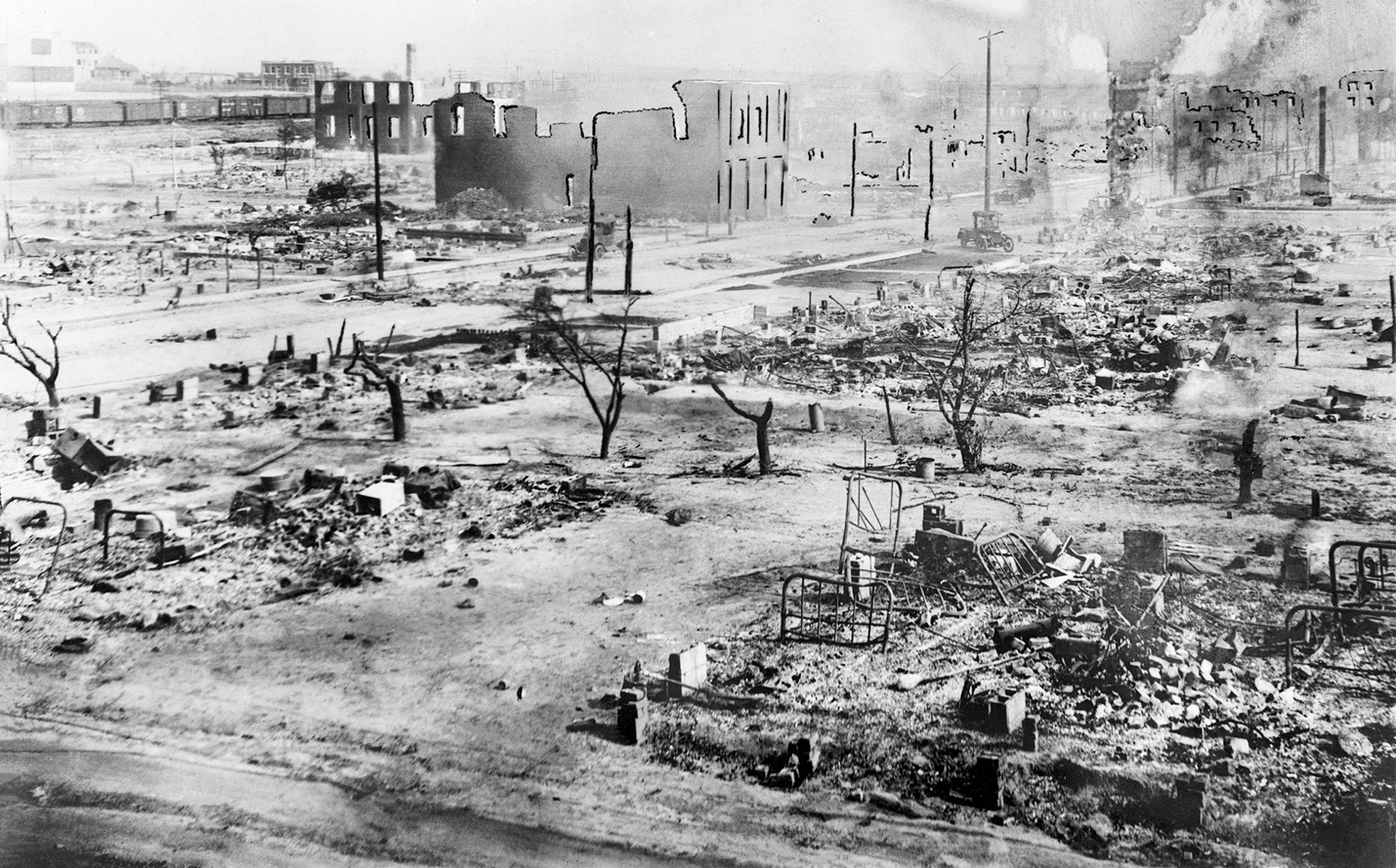
Dennett said that history is repeating itself in Gaza today where the same game plan is being adopted.
Like the African and Native Americans of yesteryear, Gazans are being driven off their land, starved and massacred to make way for commercial development by white Westerners whose culture places a primacy on material acquisition regardless of the human costs.

See Jeremy Kuzmarov and Dan Kovalik, Syria: Anatomy of Regime Change (Montreal: Baraka Books, 2025); Charlotte Dennett, Follow the Pipelines: Uncovering the History of a Lost Spy and the Deadly Politics of the Great Game For Oil (White River Junction, VT: Green River Publishing, 2024), 284. Dennett noted that in 2014, the Israeli government gave a subsidiary of Genie Oil, the rights to oil drilling in the Israeli occupied Golan Heights in Syria. Investors in Genie oil included Dick Cheney, Rupert Murdoch, former CIA Director James Woolsey and Lord Rothschild. (p. 257). The Assad’s had to be overthrown to secure this latter investment which offered the potential to establish Israeli energy security.↑
The article (March 2, 1947) was titled “Pipeline for U.S. Adds to Middle East Issues; Oil Concessions Raise Questions Involving the Position of Russia.” Daniel wrote in the article that “[p]rotection of that investment [oil] and the military and economic security that it represents inevitably will become one of the prime objectives of American foreign policy in this area [Middle East], which already has become a pivot of world politics and one of the main focal points of rivalry between East and West.”
This was wishful thinking as Iraq became enmeshed in chaos for years thereafter, inhibiting construction of the pipeline project. Netanyahu and U.S. neo-conservatives championed, as a replacement for Saddam Hussein, Ahmed Chalabi, a crooked Iraqi businessman with little popular support inside Iraq who had been indicted in Jordan for embezzlement. ↑
For more information on the Gaza Marine, see Michael Barron, The Gaza Marine Story: The Politics and Intrigue Behind Palestine’s Untapped Gas Wealth (London: Nomad Publishing, 2025). ↑
Big banks are averse to lending if there is conflict because things like oil pipelines and drilling and transport equipment would be sabotaged by belligerents. ↑
Dennett told me that the RAND Corporation has a study that identifies Ukraine as a “key undeveloped area for oil and gas exploration.” See also “The Forgotten Potential of Ukraine’s Energy Reserves,” Harvard International Review, October 10, 2020. ↑
The biggest benefactor of the Democratic Party in Oklahoma is also a wealthy oilman named George Kaiser who owns the Bank of Oklahoma. ↑
CovertAction Magazine is made possible by subscriptions, orders and donations from readers like you.
Blow the Whistle on U.S. Imperialism
Click the whistle and donate
When you donate to CovertAction Magazine, you are supporting investigative journalism. Your contributions go directly to supporting the development, production, editing, and dissemination of the Magazine.
CovertAction Magazine does not receive corporate or government sponsorship. Yet, we hold a steadfast commitment to providing compensation for writers, editorial and technical support. Your support helps facilitate this compensation as well as increase the caliber of this work.
Please make a donation by clicking on the donate logo above and enter the amount and your credit or debit card information.
CovertAction Institute, Inc. (CAI) is a 501(c)(3) non-profit organization and your gift is tax-deductible for federal income purposes. CAI’s tax-exempt ID number is 87-2461683.
We sincerely thank you for your support.
Disclaimer: The contents of this article are the sole responsibility of the author(s). CovertAction Institute, Inc. (CAI), including its Board of Directors (BD), Editorial Board (EB), Advisory Board (AB), staff, volunteers and its projects (including CovertAction Magazine) are not responsible for any inaccurate or incorrect statement in this article. This article also does not necessarily represent the views the BD, the EB, the AB, staff, volunteers, or any members of its projects.
Differing viewpoints: CAM publishes articles with differing viewpoints in an effort to nurture vibrant debate and thoughtful critical analysis. Feel free to comment on the articles in the comment section and/or send your letters to the Editors, which we will publish in the Letters column.
Copyrighted Material: This web site may contain copyrighted material the use of which has not always been specifically authorized by the copyright owner. As a not-for-profit charitable organization incorporated in the State of New York, we are making such material available in an effort to advance the understanding of humanity’s problems and hopefully to help find solutions for those problems. We believe this constitutes a ‘fair use’ of any such copyrighted material as provided for in section 107 of the US Copyright Law. You can read more about ‘fair use’ and US Copyright Law at the Legal Information Institute of Cornell Law School.
Republishing: CovertAction Magazine (CAM) grants permission to cross-post CAM articles on not-for-profit community internet sites as long as the source is acknowledged together with a hyperlink to the original CovertAction Magazine article. Also, kindly let us know at info@CovertActionMagazine.com. For publication of CAM articles in print or other forms including commercial internet sites, contact: info@CovertActionMagazine.com.
By using this site, you agree to these terms above.
About the Author

Jeremy Kuzmarov holds a Ph.D. in American history from Brandeis University and has taught at numerous colleges across the United States. He is regularly sought out as an expert on U.S. history and politics for radio and TV programs and co-hosts a radio show on New York Public Radio and on Progressive Radio News Network called “Uncontrolled Opposition.”
He is Managing Editor of CovertAction Magazine and is the author of six books on U.S. foreign policy, including Obama’s Unending Wars (Clarity Press, 2019), The Russians Are Coming, Again, with John Marciano (Monthly Review Press, 2018), Warmonger. How Clinton’s Malign Foreign Policy Launched the U.S. Trajectory From Bush II to Biden (Clarity Press, 2023); and with Dan Kovalik, Syria: Anatomy of Regime Change (Baraka Books, 2025).
Besides these books, Kuzmarov has published hundreds of articles and contributed to numerous edited volumes, including one in the prestigious Oxford History of Counterinsurgency .
He can be reached at jkuzmarov2@gmail.com and found on substack here.



